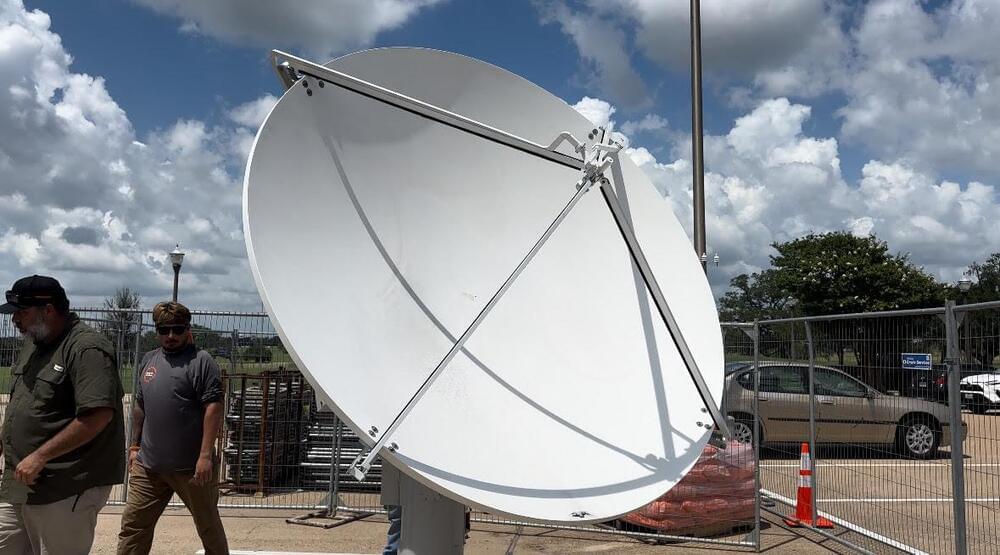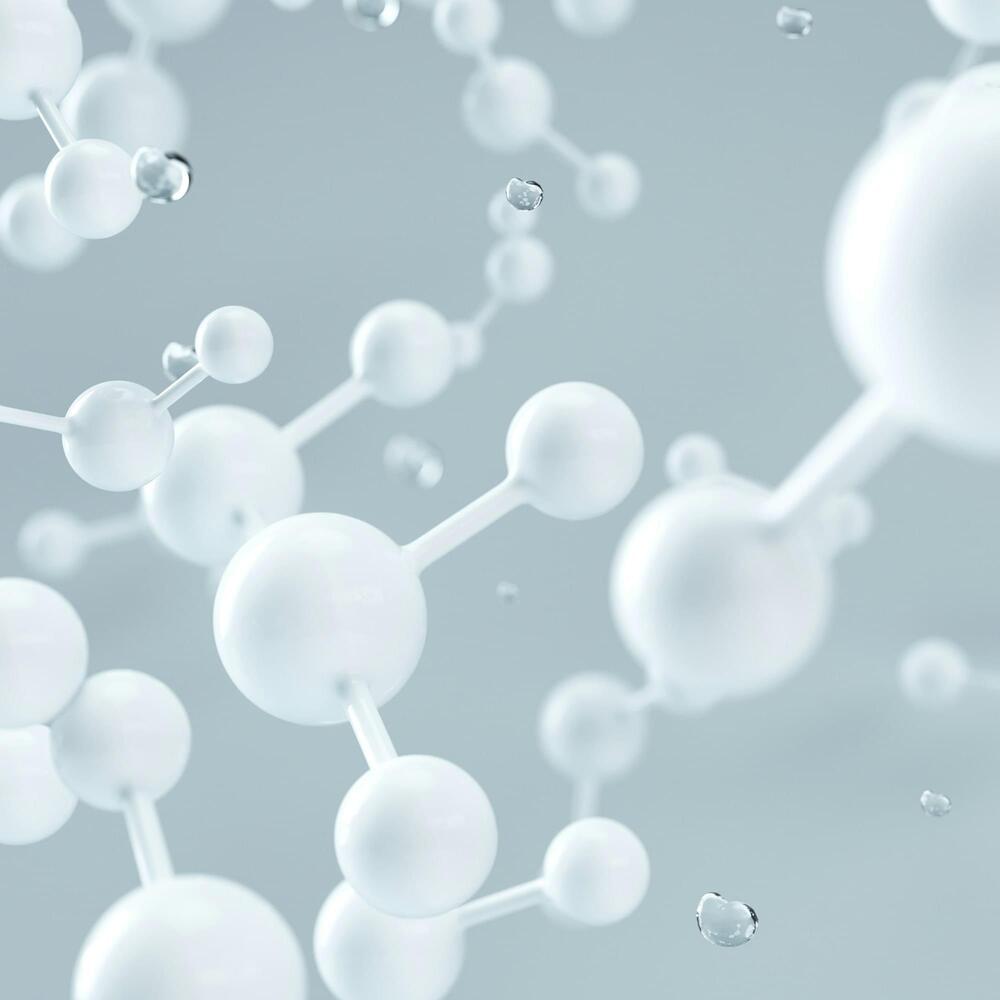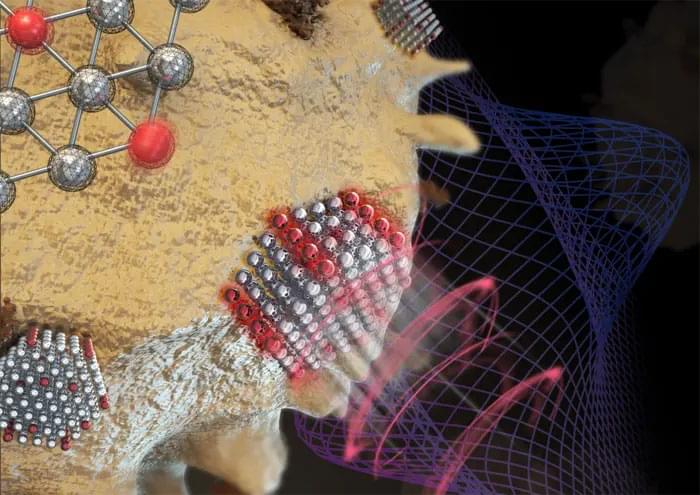Bringing together the global cryonics field including leaders, researchers, and members.
Get the latest international news and world events from around the world.
Why Does Biological Evolution Work? A Minimal Model for Biological Evolution and Other Adaptive Processes
Stephen Wolfram explores simple models of biological organisms as computational systems. A study of progressive development, multiway graphs of all possible paths and the need for narrowing the framework space.

Towards edible robots and robotic food
Robots and food have long been distant worlds: Robots are inorganic, bulky, and non-disposable; food is organic, soft, and biodegradable. Yet, research that develops edible robots has progressed recently and promises positive impacts: Robotic food could reduce electronic waste, help deliver nutrition and medicines to people and animals in need, monitor health, and even pave the way to novel gastronomical experiences. But how far are we from having a fully edible robot for lunch or dessert? And what are the challenges?
Scientists from the RoboFood project, based at EPFL, address these and other questions in a new perspective article in the journal Nature Reviews Materials (“Towards edible robots and robotic food”).
“Bringing robots and food together is a fascinating challenge,” says Dario Floreano, director of the Laboratory of Intelligent Systems at EPFL and first author of the article. In 2021, Floreano joined forces with Remko Boom from Wageningen University, The Netherlands, Jonathan Rossiter from the University of Bristol, UK, and Mario Caironi from the Italian Institute of Technology, to launch the project RoboFood.
Could the universe be conscious?
Philip Goff believes that everything, even tiny particles like electrons, has a little bit of consciousness. This idea is called panpsychism. He explains that this might help us understand why we have feelings and thoughts.
Philip discuss another idea called cosmopsychism, which is a theory that suggests the entire universe is a single conscious entity. Instead of individual minds (like human minds) being separate and independent, they are seen as parts of the universe’s larger, unified consciousness. In simpler terms, it means that the universe itself has a mind, and our individual consciousnesses are just small parts of this greater, universal mind.
Philip thinks science can’t fully explain what it’s like to feel things, like the color red or the taste of chocolate. He says we need to include consciousness in our science to understand everything better.
Why? The Purpose of the Universe (Prof Philip Goff)
https://amzn.to/4cbYHqL
Galileo’s Error: Foundations for a New Science of Consciousness.
RoHM: Here are 6️⃣ research papers to add to your reading list from AI researchers at Meta at CVPR 2024
• Relightable Gaussian Codec Avatars ➡️ https://go.fb.me/gdtkjm • URHand: Universal Relightable Hands ➡️ https://go.fb.me/1lmv7o • RoHM: Robust Human Motion Reconstruction via Diffusion ➡️ https://www.youtube.com/embed/hX7yO2c1hEE
RoHM is a novel diffusion-based motion model that, conditioned on noisy and occluded input data, reconstructs complete, plausible motions in consistent global coordinates. Given the complexity of the problem — requiring one to address different tasks (denoising and infilling) in different solution spaces (local and global motion) — we decompose it into two sub-tasks and learn two models, one for global trajectory and one for local motion. To capture the correlations between the two, we then introduce a novel conditioning module, combining it with an iterative inference scheme. We apply RoHM to a variety of tasks — from motion reconstruction and denoising to spatial and temporal infilling. Extensive experiments on three popular datasets show that our method outperforms state-of-the-art approaches qualitatively and quantitatively, while being faster at test time.

Cow-free milk? Scientists engineer yeasts, plants with bovine genes
Scientists are using bovine genes to produce cow-free milk with original taste and nutrition:
Engineers are using bovine genes in yeasts and plants to create cow-free milk with the same taste and nutrition.


Nanotechnology: How Nanomaterials Are Changing the Game
A series of advances in materials and design have enabled manufacturers to work at scales smaller than a billionth of a size to create devices and objects of nanoscopic dimensions. This is nanotechnology, which, although relatively new, produces materials and technologies already used in mass production.
The European Commission defines nano as any material that is at least 50% composed of particles between one and one hundred nanometers in size (i.e. one billionth of a meter, or one-millionth of a millimeter). Nanomaterials differ from conventional materials because of their unique properties such as higher electrical conductivity and mechanical strength, sensor technologies, and biomedical applications, and because they can create coatings that make surfaces more hydrophobic or self-cleaning.
The widespread use of nanotechnology is relatively new. Since 2000, nanomaterials have been used industrially as new research and experimental designs have made their effectiveness in different sectors clear. For example, in the health field, nanotechnology helps to reduce diagnostic errors and to develop nanobots (microscale robots) to repair and replace intercellular structures, or repair DNA molecules; in the chemical sector, it facilitates coating devices with nanoparticles to improve their smoothness and heat resistance; in manufacturing, materials developed with nanotechnology enhance the performance of the final product by improving heat resistance, strength, durability, and electrical conductivity.

Breakthrough in nanoscale force measurement opens doors to unprecedented biological insights
Groundbreaking research has revealed a new way to measure incredibly minute forces at the nanoscale in water, pushing the boundaries of what scientists know about the microscopic world.
The significant nanotechnology advance was achieved by researchers from Beihang University in China with RMIT University and other leading institutions including the Australian National University and University of Technology Sydney (Nature Photonics, “Sub-femtonewton force sensing in solution by super-resolved photonic force microscopy”).
The new technique, involving a super-resolved photonic force microscope (SRPFM), is capable of detecting forces in water as small as 108.2 attonewtons – a scale so minute that it compares to measuring the weight of a virus.